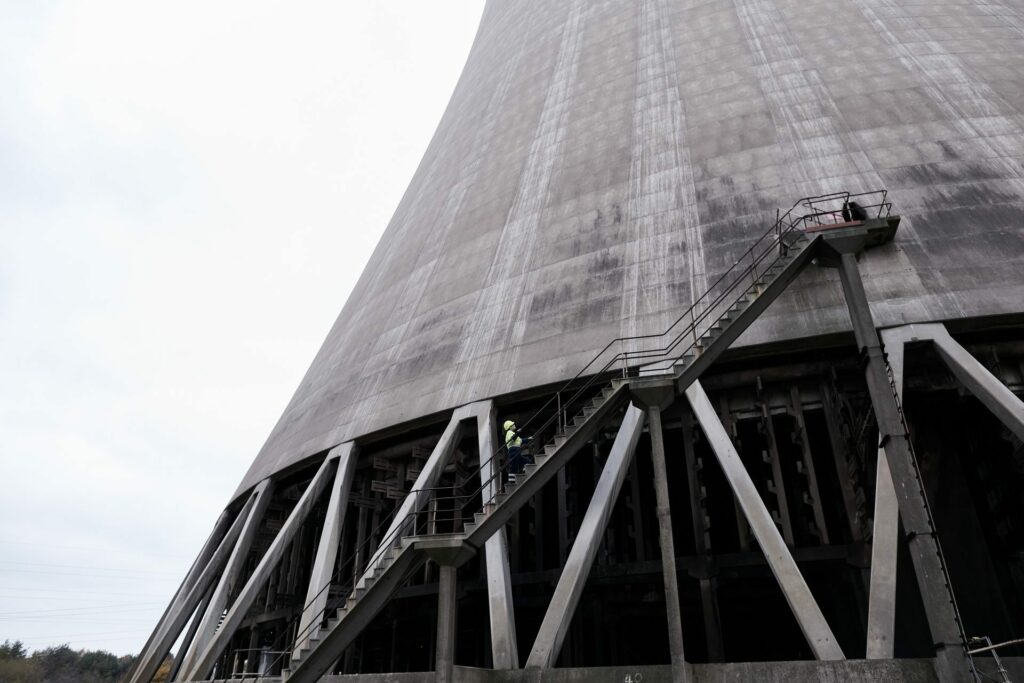A pilot bioenergy with carbon capture and storage (BECCS) project is to take place in a partnership between Drax and Mistubishi Heavy Industries Engineering (MHI).
The new facility is to be installed at Drax Power Station in the autumn, with MHI’s carbon capture technology set to capture around 300kg CO2 per day during the 12-month pilot.
Will Gardiner, CEO of Drax, lauded the company’s plans to develop “ground-breaking” BECCS at the site as a way of helping to boost the UK economy following the COVID-19 pandemic.
Increasingly there have been calls for a green recovery, focused on climate issues as well as rebuilding the economy, with Gardiner stating developing BECCS will support the development of a zero carbon industrial cluster in the Humber. These, he continued, will deliver clean growth and “protect thousands of jobs”.
The Zero Carbon Humber project is looking to create the world’s first net zero carbon industrial cluster by 2040, with the potential to capture and store around 10% of UK carbon dioxide emissions per year.
It recently saw Centrica Storage, SSE Thermal, Uniper, Associated British Ports, Phillips 66, px Group, Saltend Cogeneration Company and VPI-Immingham join the project.
Drax predicts that implementing BECCS at its North Yorkshire site could deliver 16 tonnes of negative emissions a year and protect 55,000 jobs.
Gardiner also lauded the collaboration with MHI as moving Drax closer to its ambitions of being a carbon negative company by 2030, a target it announced at the end of last year.
The pilot is to test two of MHI’s proprietary solvents. One of these, dubbed KS-1 Solvent, is being used at 13 commercial plants delivered by MHI already. The other – KS-21 Solvent – has been newly developed and is designed to achieve “significant performance improvements and cost savings”.
Kenji Terasawa, president and CEO of Mitsubishi Heavy Industries Engineering, said: “We are very proud to be a part of the BECCS pilot project with Drax. We firmly believe that our carbon capture technology would be able to contribute to the UK’s zero carbon targets in a material way.”






